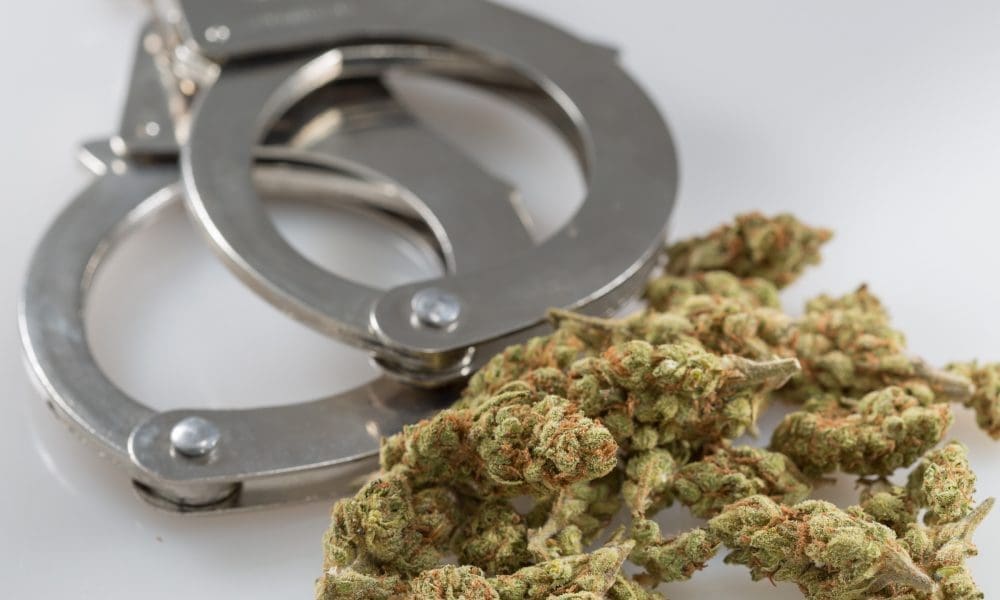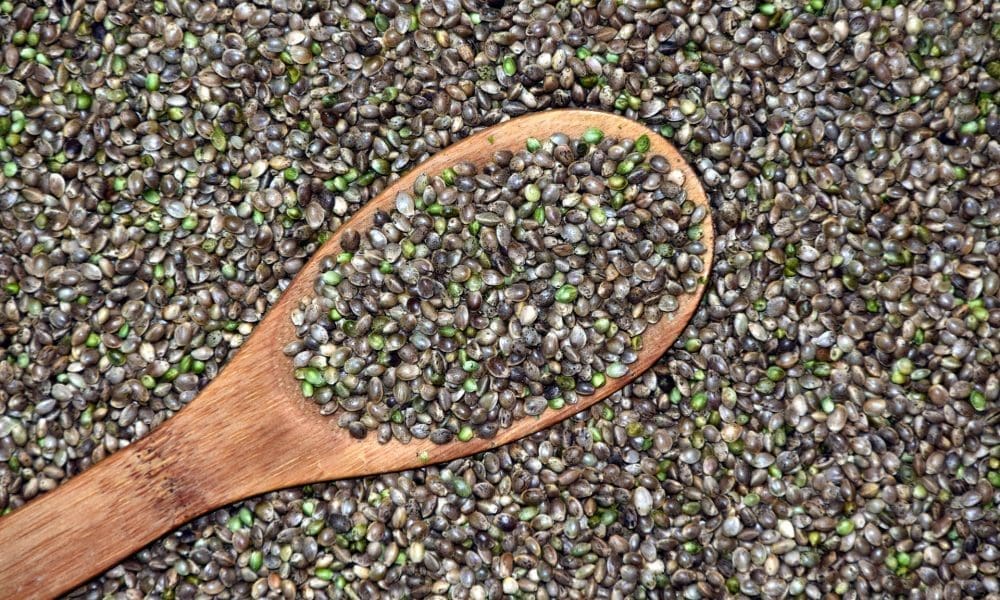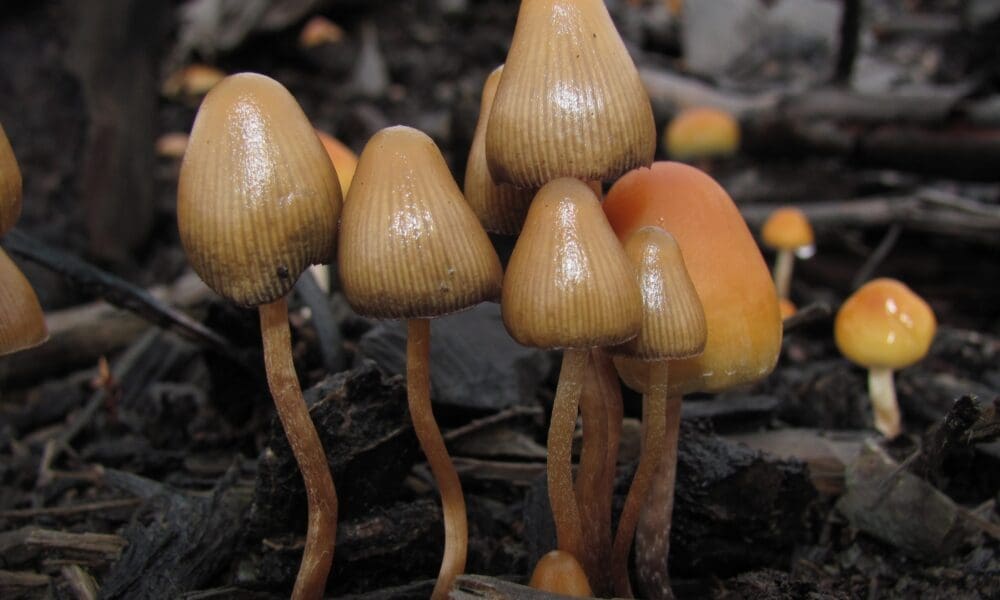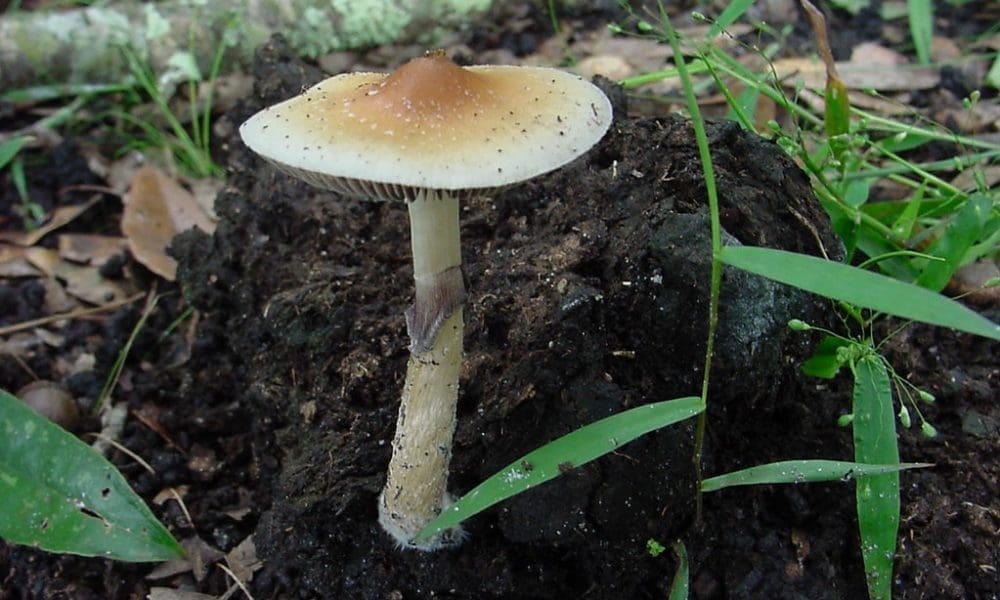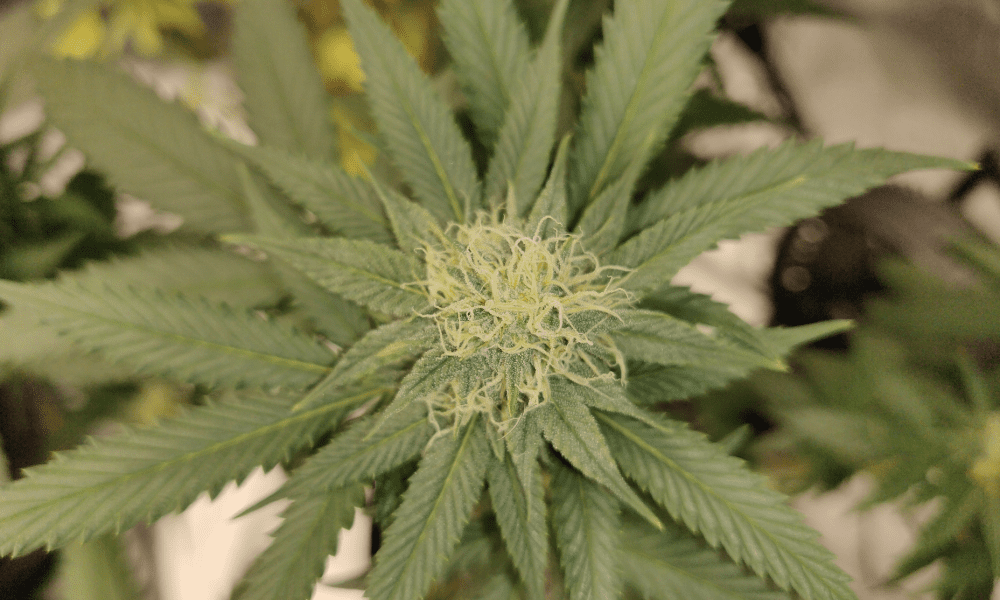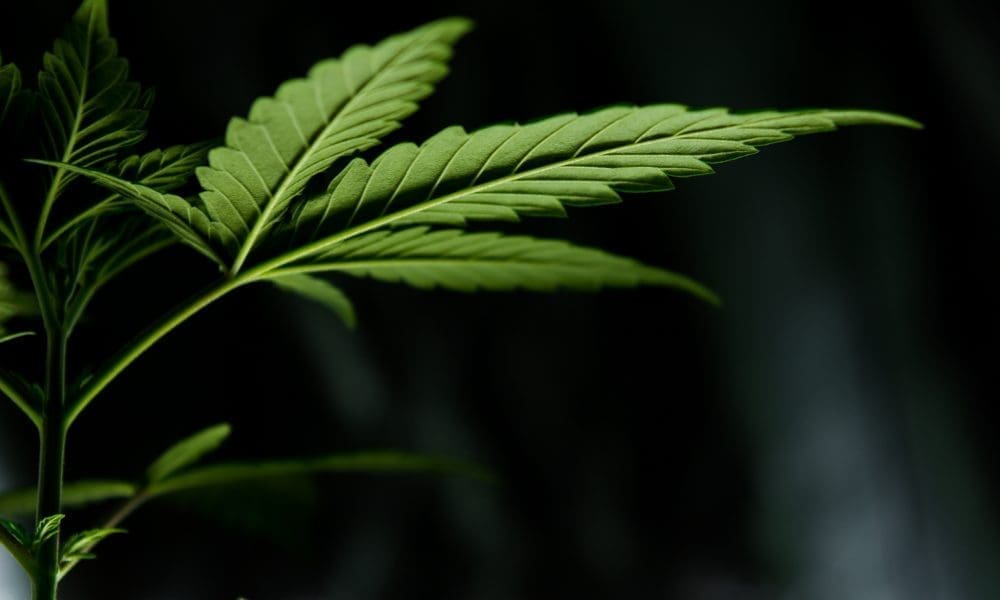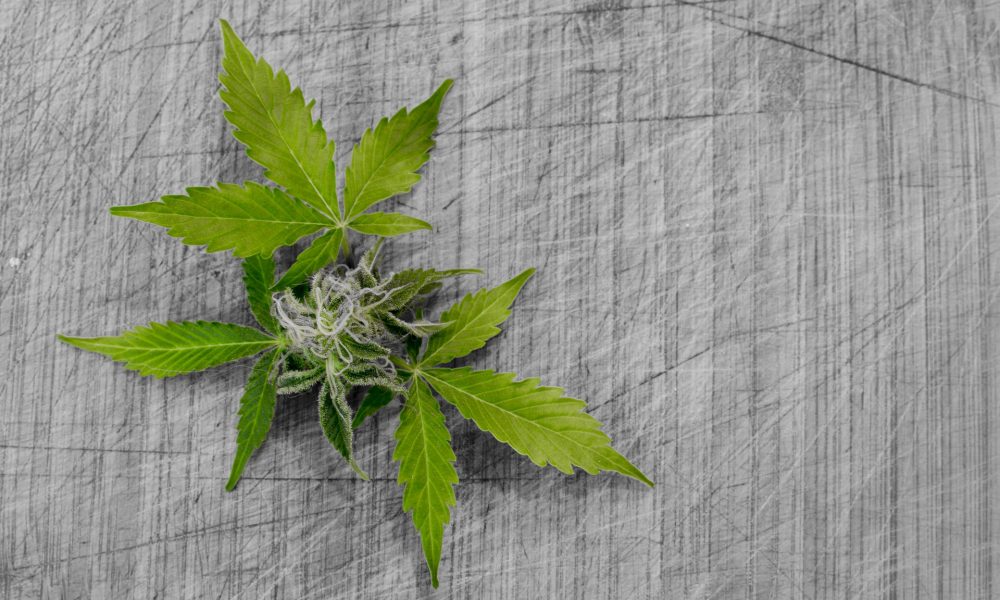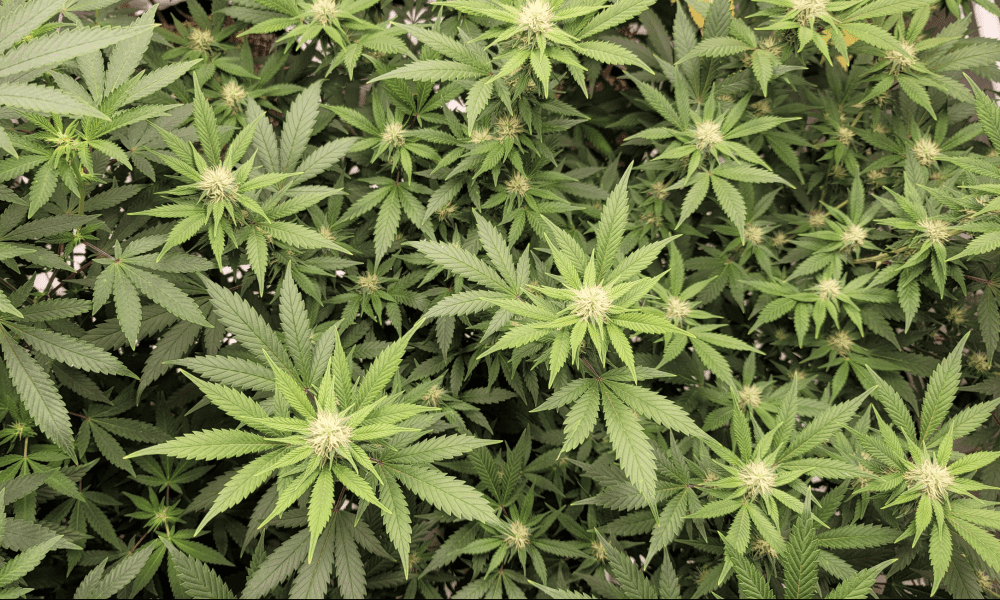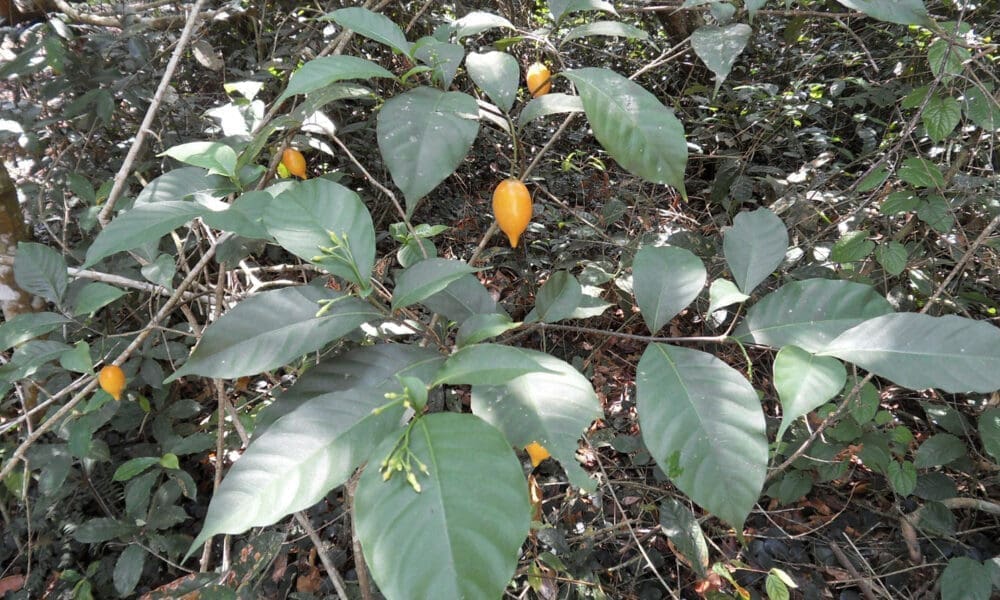
Military Veterans Who Received Psychedelic Ibogaine Treatment Saw ‘Dramatic’ And ‘Life-Changing’ Improvements In PTSD And Depression, Stanford Study Finds
Military combat veterans with traumatic brain injuries (TBI) saw “dramatic” and “life-changing” improvements in their symptoms and cognitive functioning immediately after receiving treatment with the psychedelic ibogaine, new research shows. Stanford University researchers behind the study...

